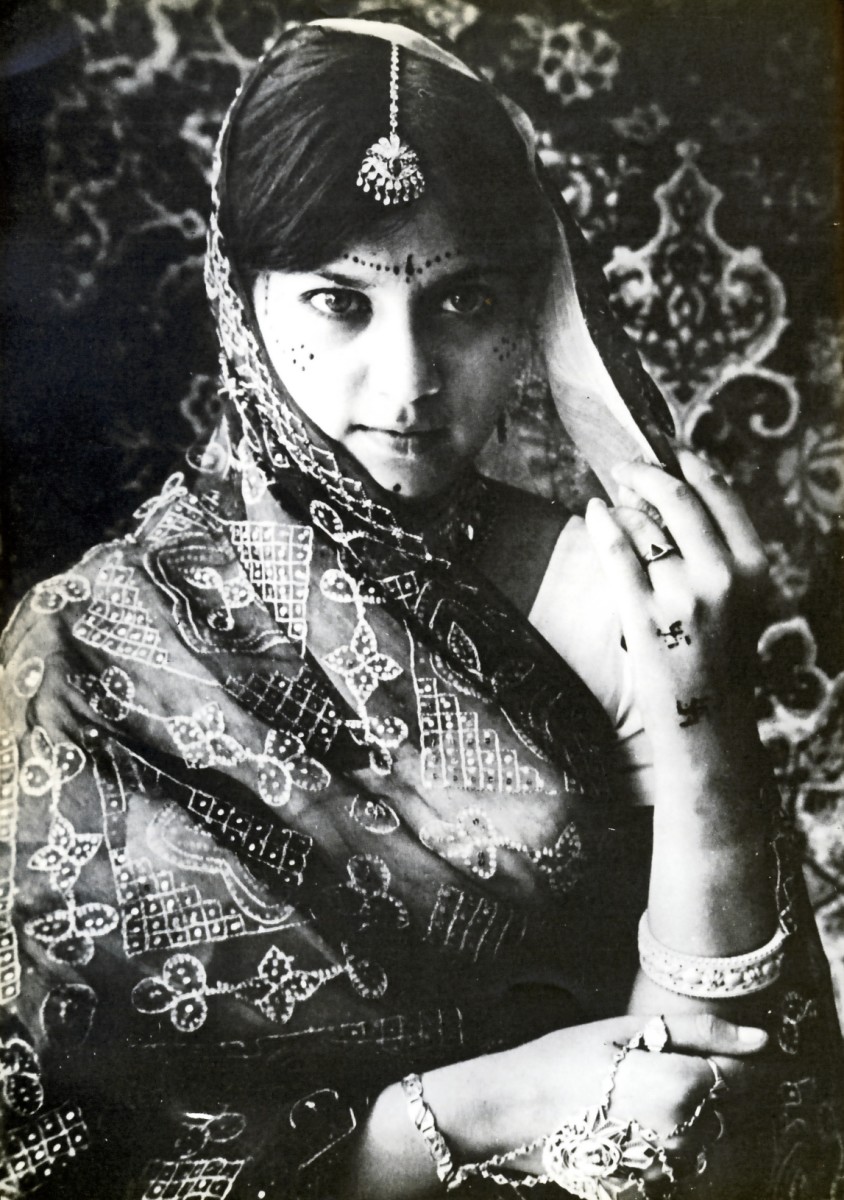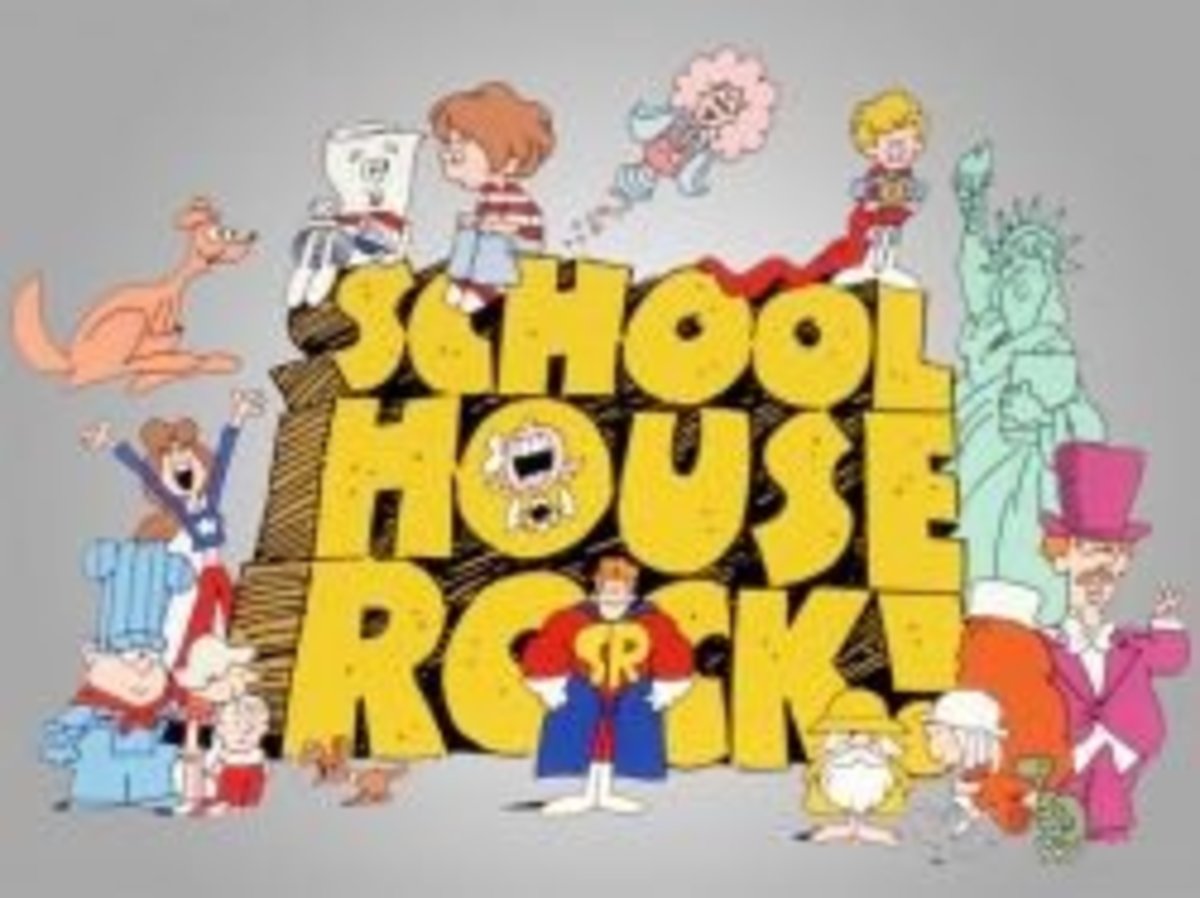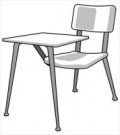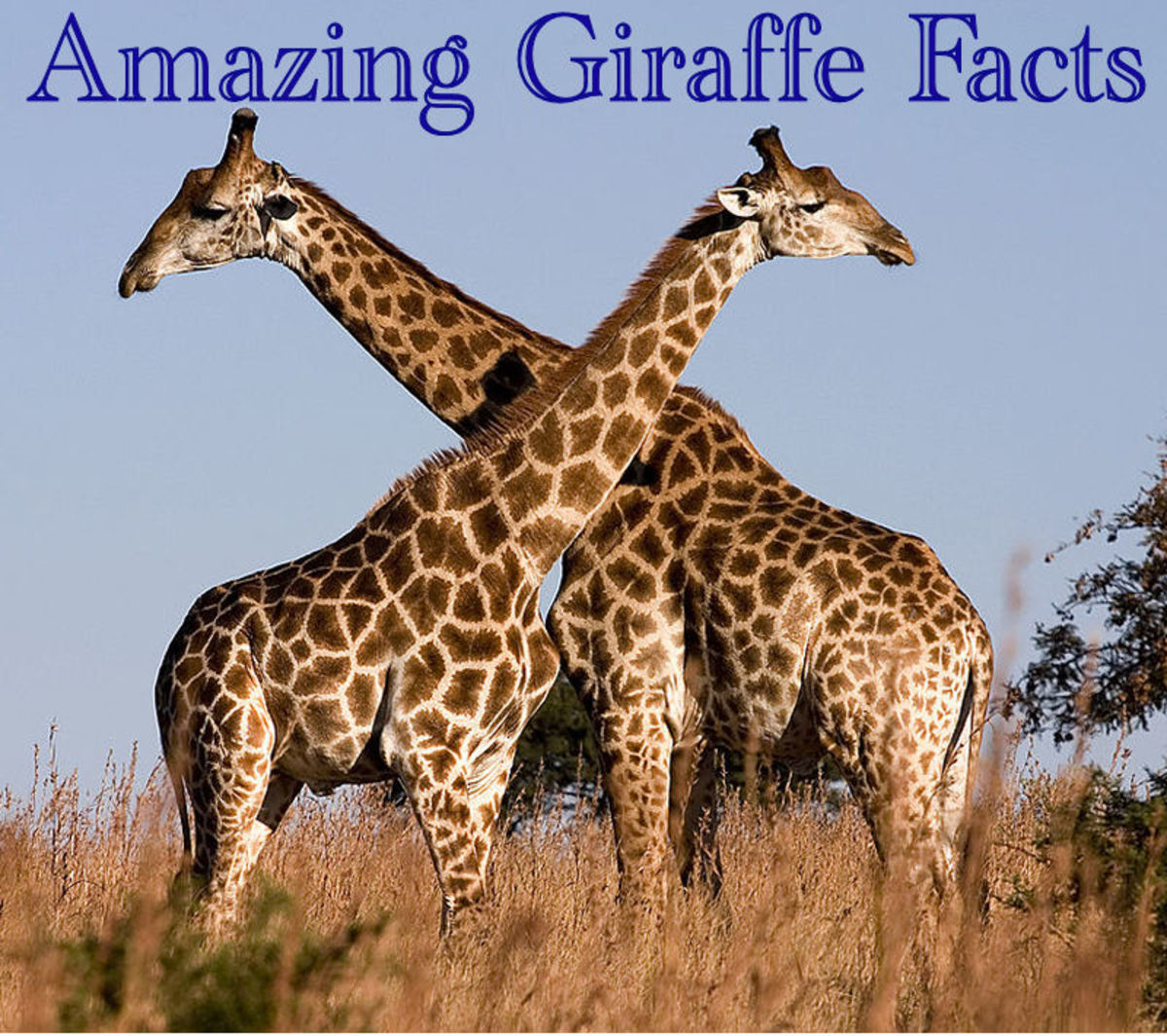Standard of Basic School Education under Scrutiny in South Africa
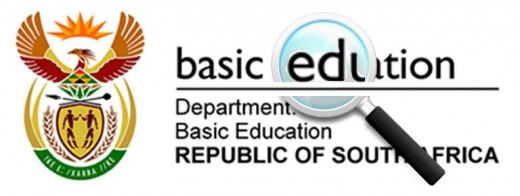
NB:
In the US, the teacher WRITES the test/exam and the students take / sit for tests/exams.
In South Africa, the teacher is the EXAMINER preparing the test/exam - a colleague is the MODERATOR (Proofreader/Editor) - and students WRITE the exams.
Once a year, after the results of the Matric exams have been published, the standard of South Africa’s basic education comes under scrutiny.
Matric exams are taken by all pupils at the end of their 12th year basic school education. When passing these exams, they obtain the highly sought National Senior Certificate (NSC) that opens doors to employment or/and further education at tertiary institutions. If no previous grades had to be repeated, or nothing prevented the beginning of basic education at the age of seven, pupils are eighteen years old when they sit for the Matric exams.
The National Matric pass rate for 2016 is 76.2% - an increase of 1.8% from 70.7% in 2015.
But this official pass rate does not tell the full story, as it ignores the large percentage of students who had dropped out before they could write the exams, said the critics.
- 1,100,877 learners enrolled for Grade 10 in 2014, but only 610,178 enrolled for Grade 12 in 2016 – a dropout of 490,699 students! This means that 44,6% of learners either dropped out altogether, or remain stuck in Grade 10 or Grade 11.
- 828,020 candidates registered for the examinations. But only 717,971 actually wrote the exams. This means that more than 100,000 learners made it to grade 12, but didn't write the exams.
“I am not convinced that this annual obsession with matric results is productive. The national pass rate is a very blunt instrument with which to dissect South Africa’s very complex educational problems. The national pass rate obscures important differences in provincial achievements, the urban/rural divide and the unequal outcomes for learners in poorer schools. It also does not tell us much about the quality of the passes, nor about the subjects taken.” - Professor Elizabeth Walton, Associate Professor at the University of the Witwatersrand.
Names of some secondary school graduation certificates
Country
| Name of Qualification
|
|---|---|
South Africa
| National Senior Certificate (NSC)
|
Kenya
| Kenya Certificate of Secondary Education (KCSE)
|
Nigeria
| West African Senior School Certificate (WASSC)
|
United States
| High School Diploma
|
Canada
| Canadian Diploma Certificate of Education (CDCE)
|
Hong Kong
| Hong Kong Diploma of Secondary Education
|
India
| Central Board of Secondary Education (CBSE)
|
Singapore
| General Certificate of Education (GCE)
|
Austria
| Maturazeugnis
|
France
| Baccalauréat
|
Germany
| Abitur
|
Switzerland
| Matura
|
United Kingdom
| General Certificate of Education (GCE)
|
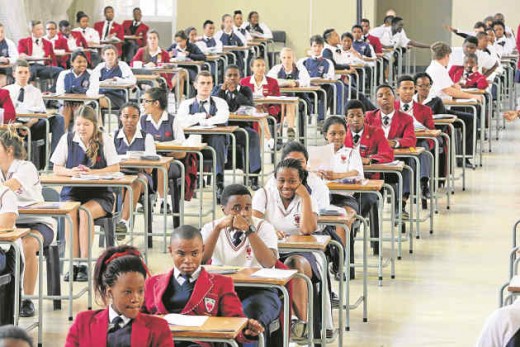
Why are many South Africans upset about their excellent results?
South Africans, or rather many students in SA, compare their NSC to secondary school graduation qualifications of other countries. Students who want to study in a foreign country are upset when their results are not recognized by their chosen foreign university. When this happens, they blame the government for providing substandard education.
Since 1998 government (public) schools in SA no longer offer education on a level system that used to distinguish different intelligence quotients. All school subjects are offered on the same level of difficulty, and pupils may not be grouped into classes according to their intellectual capabilities - which seems to be a rule to the disadvantage of below-average as well as above-average intellectuals. Extra-curricular activities and tuition, such as music tuition, dance, drama, art, sports, etc., are being offered in abundance to fill the gaps caused by the government's shortcomings, but only for those who can afford it.
The results of the Matric exams determine whether a student has met the requirements of universities, technicons and colleges. When a student does meet the requirements, their status is stipulated on their NSC as: "Matriculation Exemption”.
In South Africa a pupil can obtain their Nation Senior Certificate via –
- A government (public) school, controlled by the National Education Department for Basic Education;
- A private school, and by writing the matriculation exams of the Independent Examinations Board (IEB). Unfortunately, private schools are beyond the financial reach of the majority South Africans.
- A home school, via the exams of the IEB. Home schools are controlled by the South African Association for homeschoolers. Unfortunately, home schools are also beyond the financial reach of the majority South Africans, as typically only one breadwinner - the mother or the father - has to generate an income while the other runs the home school.
While universities in Europe and the USA regard the NSC issued by the IEB as proof of sufficient education, the NSC issued by the South African government is not regarded as a proof of sufficient education. Students with a government’s NSC are compelled to extend their basic education according to the requirements of the international university of their choice.
International universities clearly distinguish between the standard of government and private schools in South Africa. For example -
If you are going to Britain from South Africa -
- If your Matric was written under the NED (National Education Department), you are recognized as having a GCSE, but not your A levels;
- If your Matric was written under the IEB (Independent Examinations Board) you are recognized as having your A levels.
Universities in South Africa may not distinguish between the NSC’s issued by the government and the IEB.
Complaints have been lodged by the ANC's Youth League about private schools getting far better education compared to the rest of the nation.
Nevertheless, during the past week South Africans regretted embarrassments while provinces boasted about their successes.
Marks in South Africa
Marks –
- 80 - 100% (Outstanding achievement – pass with distinction) Level 7:
- 70 - 79% (Meritorious achievement – pass with merits) Level 6:
- 60 - 70% (Substantial achievement) Level 5:
- 50 - 59% (Moderate achievement) Level 4:
- 40 - 49% (Adequate achievement) Level 3:
- 30 - 39% (Elementary achievement) Level 2:
- 0 - 29% (Not achieved – Fail) Level 1:
Interesting facts about 2016 Matric exams
More than 700,000 students wrote 2016's Matric exams -
- PRIVATE SCHOOLS: A total of 10,775 students - (10 212 full-time and 563 part-time students) with a pass rate of 98.67%. Of this, 87.61% have met the requirements of SA's universities.
- GOVERNMENT SCHOOLS: Nearly 718 000 full-time students wrote Matric with a pass rate of 72,5%.
Now this gives this owfma-sa a pass rate of 85.59%, while the official pass rate has been announced as 76.2%.
Of course, this owfma-sa has no idea how 'they' determine the percentage pass rate.
In fact, educational success in South Africa has much to do with household income, the location of the school and good early childhood and foundation phase education opportunities.
— Professor Elizabeth Walton, Associate professor at the University of the WitwatersrandSome embarrassments to be addressed -
Eighteen schools all over the country obtained a zero pass rate!
In the province of KwaZula-Natal, nine schools obtained a 0% pass rate, and 215 schools obtained a pass rate of 30% or less.
I would rather not announce the statistics regarding embarrassments that were caused by the other eight provinces in SA, as it will only activate the ulcers of my readers!
Let us leave all scandals for the government to address!
Reasons for celebration
In the province of Kwazulu-Natal
- 85 schools obtained a 100 % pass rate. Unfortunately, less than 25% of those who passed obtained a bachelor’s pass - another word for 'matriculation exemption'.
- The mathematics pass rate in the province improved from 33.23% to 37.91%, while in science it went up from 51.81% to 57.76%. (Mathematics and Science seem to be a big challenge for the child of Africa, while they excel in languages, art, and other subjects.)
The UNESCO Sustainable Development Goal 4, the Continental Education Strategy for Africa on the African Agenda 2063, the National Development Plan Vision 2030, and our Action Plan 2019 provide a clear direction in improving access, redress, equity, efficiency and quality of learning outcomes through the implementation of the Medium-Term Strategic Framework and the National Strategy for Leaner Attainment, said Minister Angie Motshekga.
In the Western Cape Province -
A record-breaking pass rate of 77.2% in mathematics has been achieved - an increase of 2.3% from 2015.
Province of the Orange Free State
With an 88.2% pass rate, the Orange Free State performed the best, followed by the Western Cape's 86%. (One source stated a 93.2% pass rate for the Free State?)
Thanks to winter camps and enrichment programs during mid-2016 to adequately prepare matriculants for the year-end examinations, the Xhariep District in the province - one of the poorest regions of SA, produced the second best results in the entire country, this after being number 78 in 2015.
This smallest province in the country, though the most urbanized, had a 85% NSC pass rate. Thirty-two schools received 100% pass rates. Some of these schools are located in townships, proving that schools in townships should not all be lumped together. Gauteng learners make up 23% of the Bachelor passes country wide, which is around 37,000 learners.
No municipality in Gauteng scored less than an 80% pass rate, with more than 38,000 distinctions nationally.
The North West Province boasted with a 86,2% pass rate.
One of the many students who passed with distinction - a very special case:
Twenty-two-year old Lungelo Nxumalo had dropped out of school for two years when he fell in with the “wrong crowd” who introduced him to alcohol and drugs.
After rehabilitation he was forced to start high school all over again in Grade 10 to catch up with the new curriculum. He ended up scoring six distinctions in the matric exam, which made him one of the top achievers in his school.

Happiness and even tears when your name appears in the newspaper, indicating 'passed' and not 'failed'
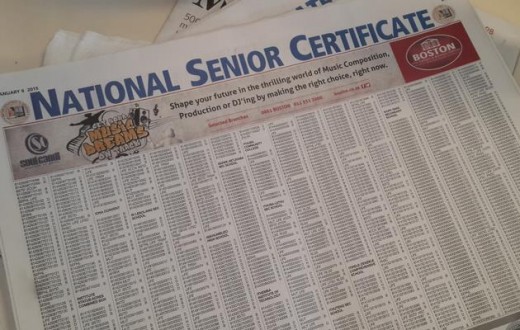
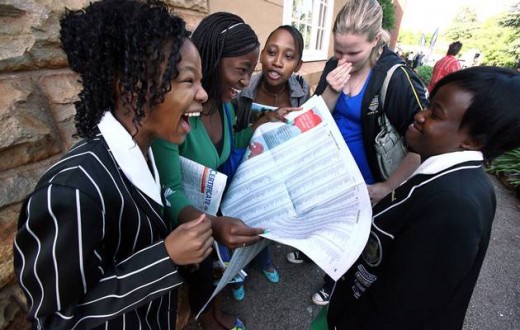
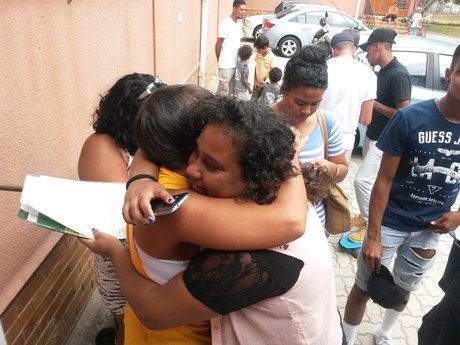

Basic education in South Africa: General information
A school year in South Africa is from January to November and is divided in four terms of respectively 12, 11, 10, and 9 weeks. Schools are open from Monday to Friday from about 7:30 am to 14:00 pm. A minimum of 5 hours for subjects are subscribed by government. Daily/weekly ceremonial openings or closings don’t count as a subject.
Challenging extra-curricular activities, such as sports, arts and culture, take place during afternoons and evenings.
Some schools offer subjects in accordance with a specific academic orientation, such as Agriculture Schools, Technical Schools, Art Schools, etc.
Besides a holiday of six to seven weeks from the end of November to the second week in January, students have a holiday of four weeks in July, plus two breaks of about seven days in April and September. Public holidays often shorten a school week.
School Calendar 2017, South Africa
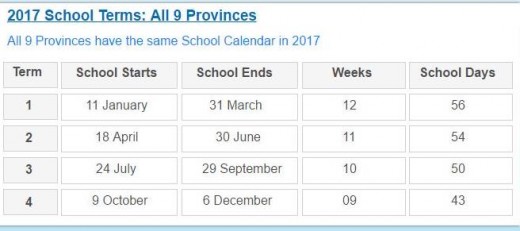
Levels of education in South Africa
Age of child
| Level
| Note
|
|---|---|---|
0-6
| Grade R-programs
| The attendance of preschools in South-Africa is voluntary, though highly recommended. Lessons focus on language, mathematics, life skills, technology, arts and culture.
|
7-13
| Grades 1 to 7
| Compulsory primary school attendance.
|
14-18
| Grades 8 – 12
| Compulsory secondary school attendance for Gr.8-9. Gr. 10-12 are voluntary. Secondary schools are also known as “high schools”.
|
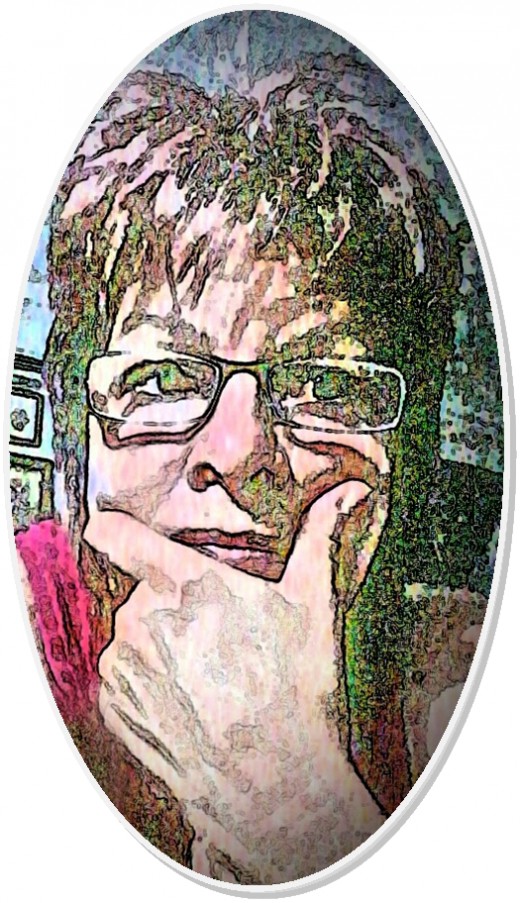
The opinion of an owfma-sa
For too many reasons to mention, hearing about the failing of Matric exams make me sad and angry.
But seeing the joy and happiness of those who passed is such a joy - to the point of crying my heart out because this is such a special moment and so quickly part of the irretrievable past.
Congratulations to those who passed!
To those who failed: Best wishes for the next try. Perseverance will be rewarded!
Never consider dropping out of school before obtaining your NSC, as you will be multiplying your future efforts to proof that you are competent and able to achieve success in whatever you do. Without a NSC, even when you manage to obtain a complete exemption by virtue of post-school qualifications, a person could easily be an academic prostitute for the rest of their life, offering their brain for half-price or less to whomever wants to abuse and exploit it.
This owfma-sa has spoken!
BTW, an owfma-sa is an ordinary white female middle-aged South African.





